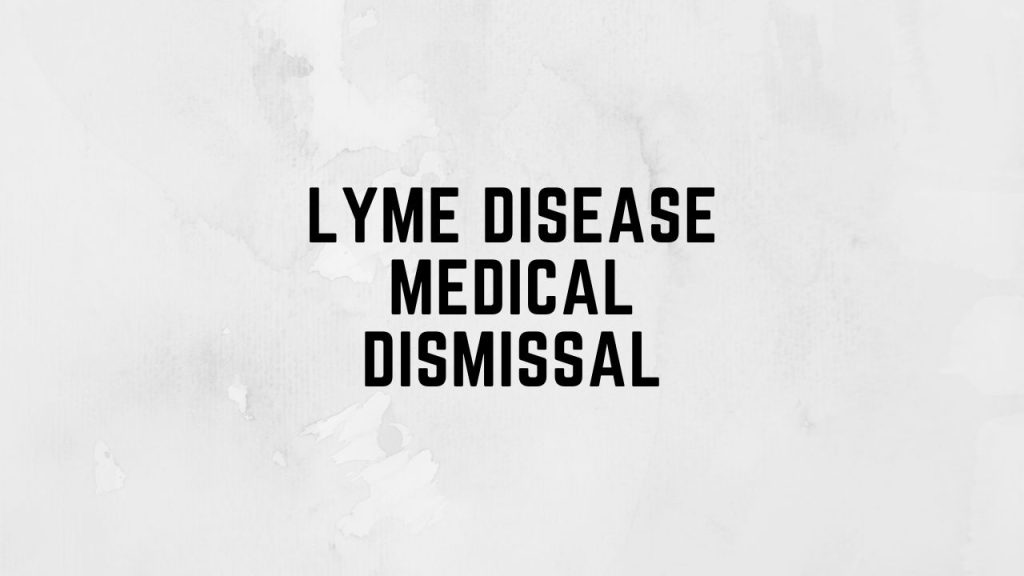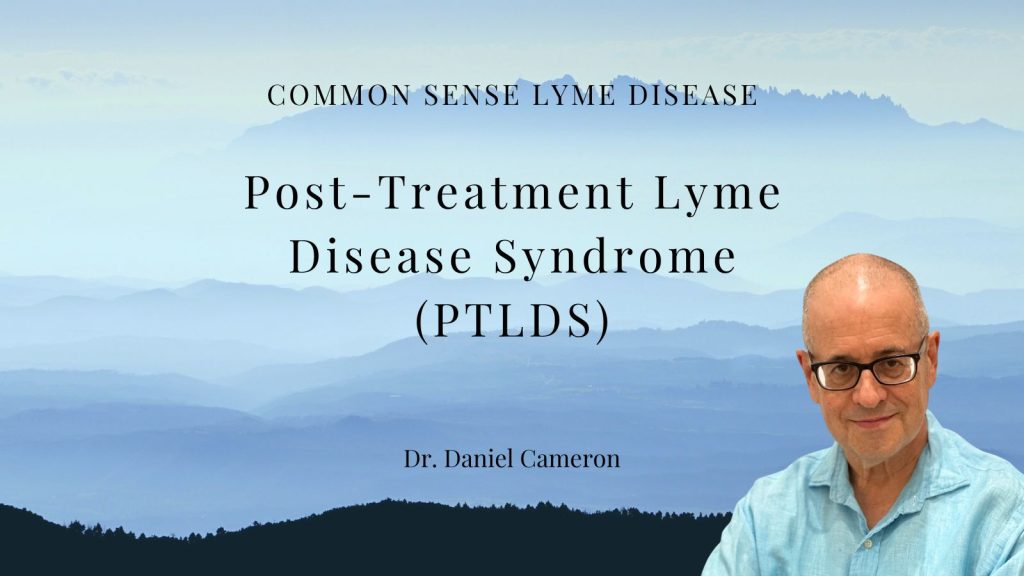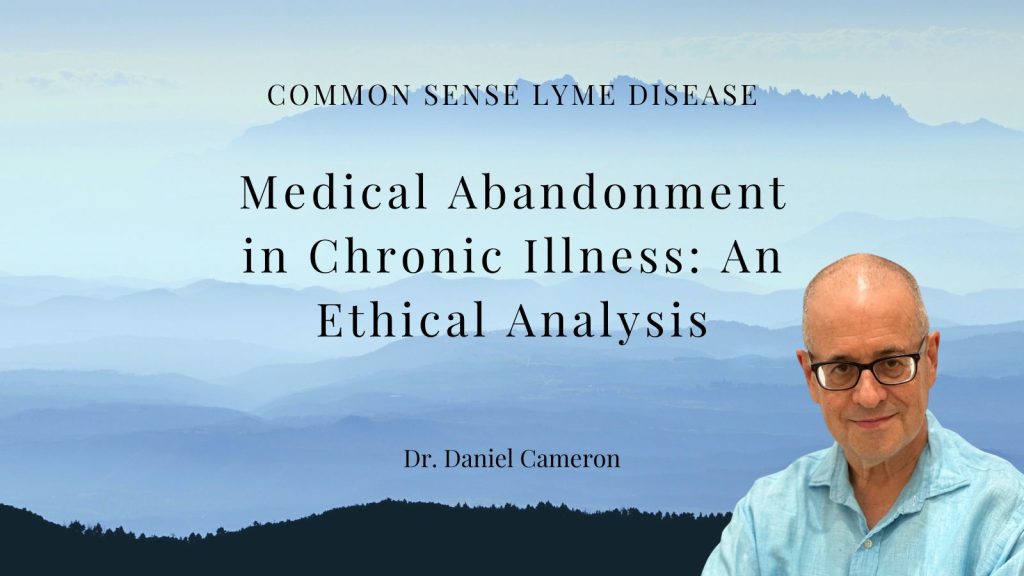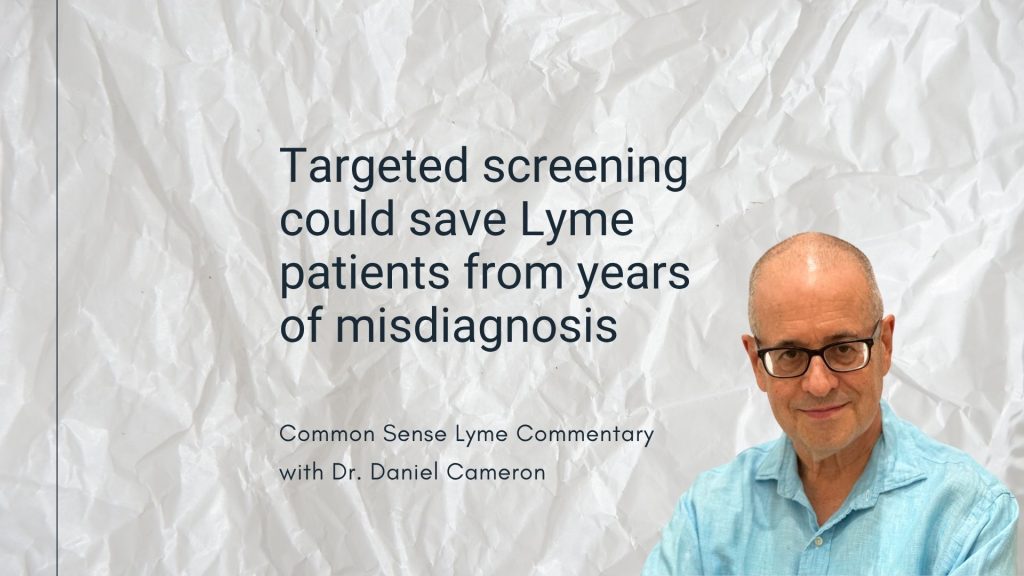Lyme Disease Medical Dismissal
Medical dismissal in Lyme disease is one of the most common experiences reported by patients with persistent illness. Individuals may present with disabling fatigue, neurologic symptoms, autonomic instability, and chronic pain—yet be told that their symptoms are unrelated to infection or cannot be explained. Many patients initially seek medical care because of unexplained symptoms such […]
Lyme Disease Medical Dismissal Read More »










